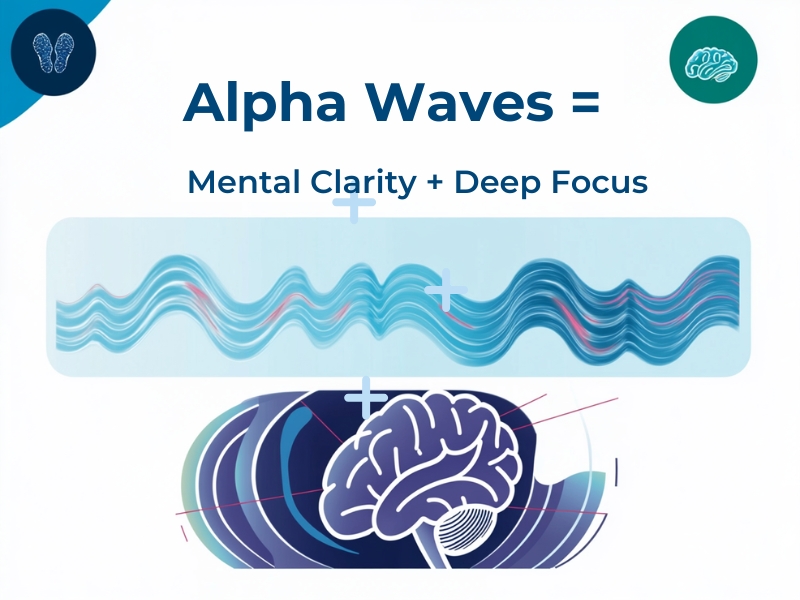From Overloaded to Optimized: How Neurofeedback Rewires the Brain for Peak Performance
What does it take to perform at your best—consistently, under pressure, and without burning out? Peak performance isn't just reserved for elite athletes. From surgeons to CEOs, more professionals are turning to neurofeedback to sharpen focus, recover faster, and improve emotional regulation. This post explores how neurofeedback enhances the brain’s ability to shift states, build resilience, and maintain clarity in high-demand situations. Backed by decades of research and real-world results, it offers a data-driven look at how training the brain can lead to measurable gains in performance and well-being.




